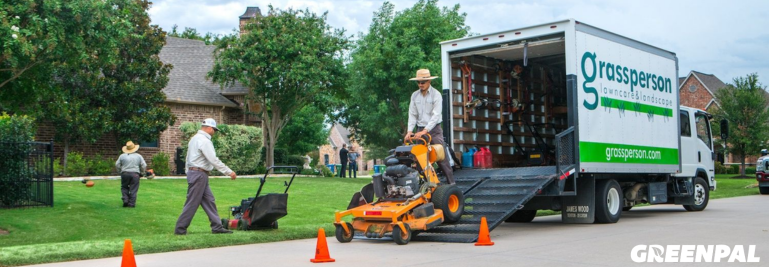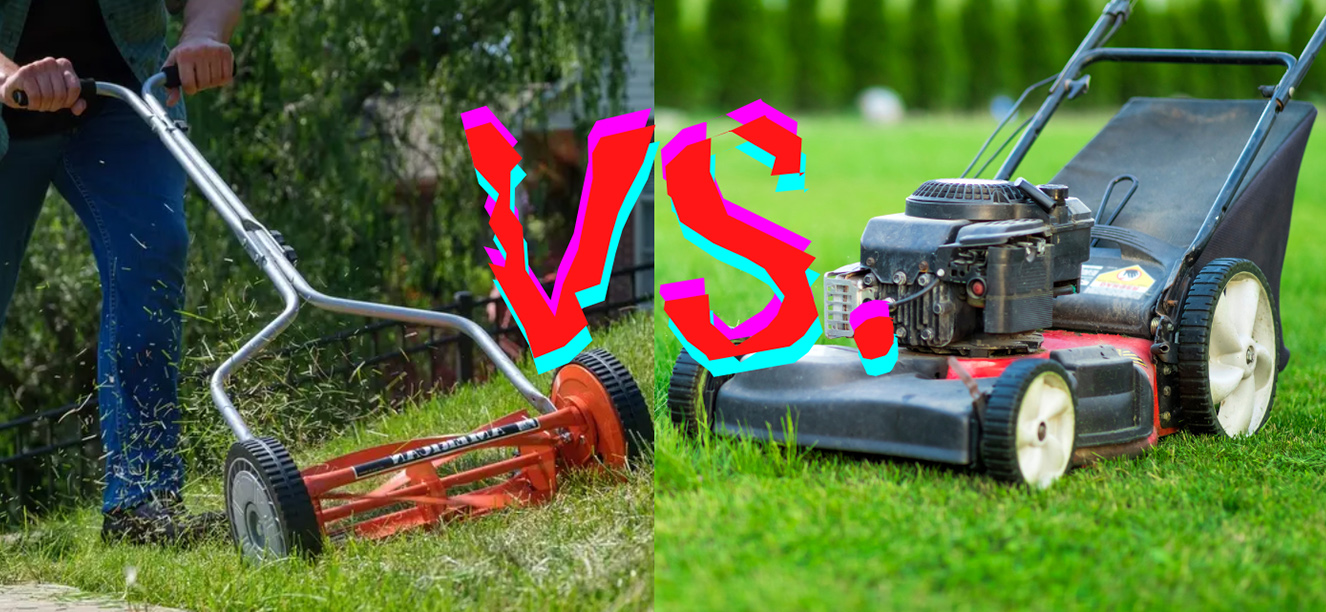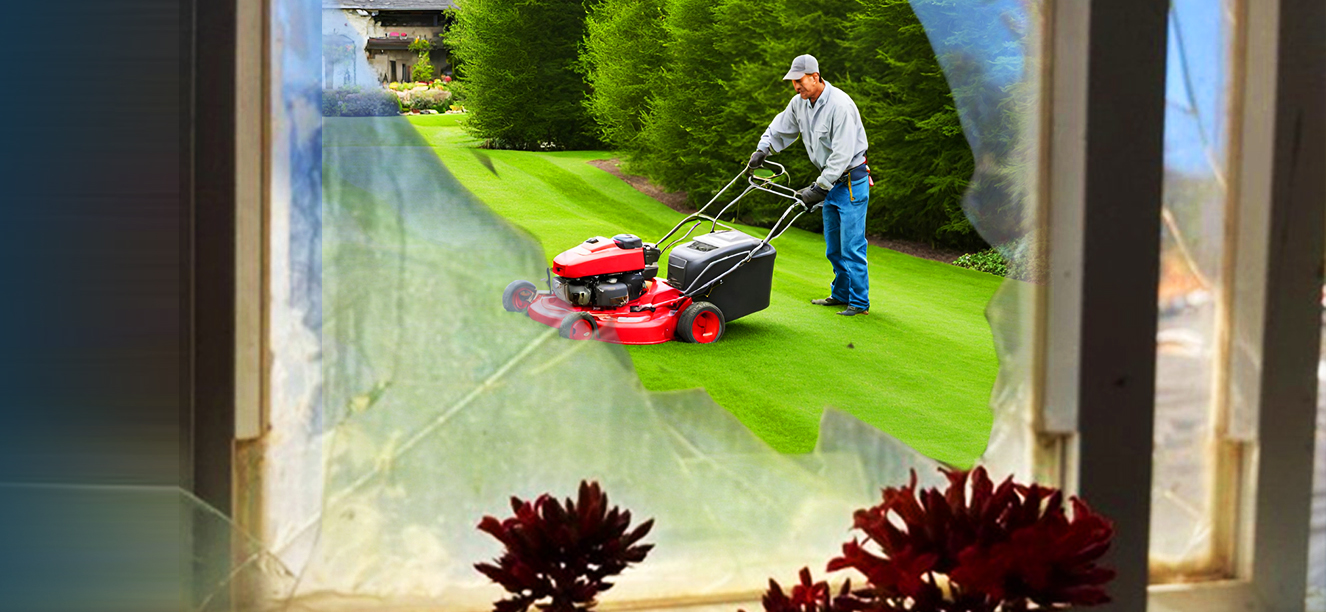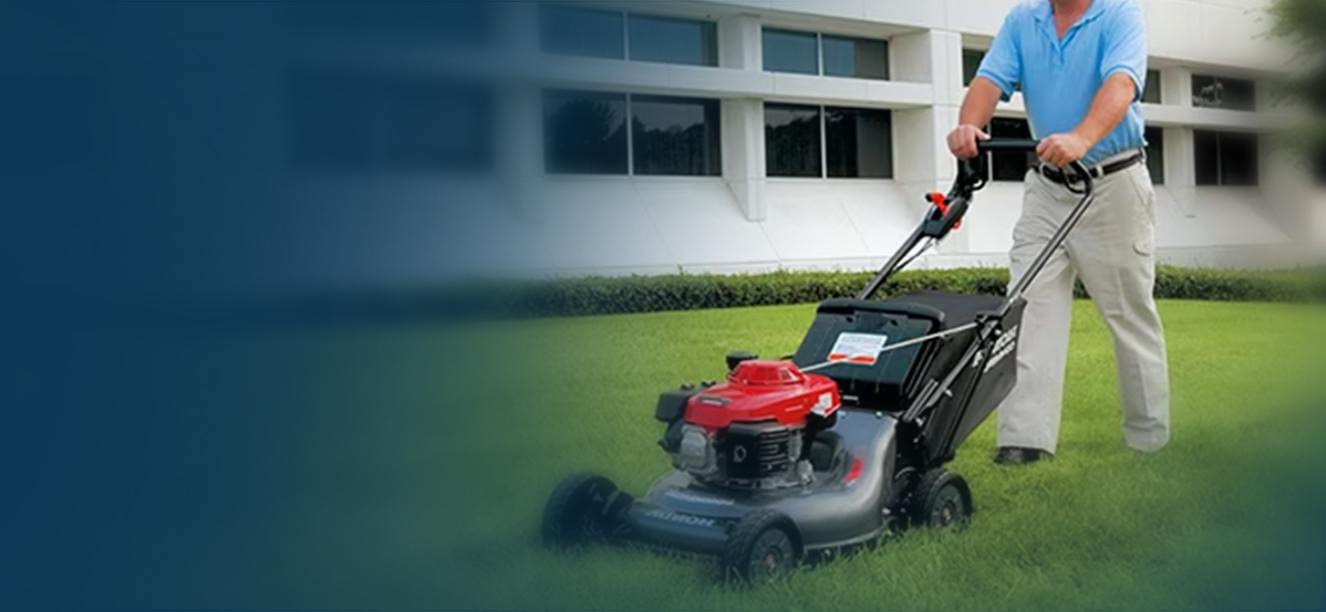Navigate non-payment headaches with these 6 essential steps for lawn care pros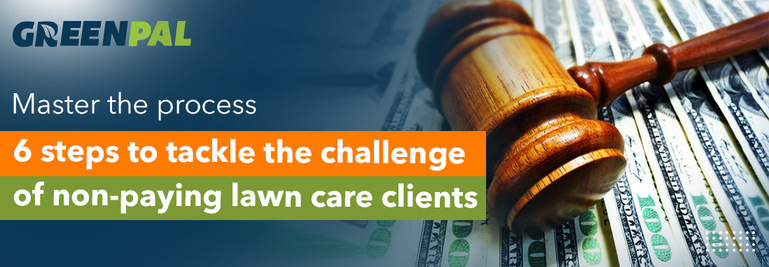 Look, there are a lot of headaches to managing a lawn care company.
Look, there are a lot of headaches to managing a lawn care company.
Hands down, one of the biggest headaches is dealing with a client who refuses to pay.
But what are the proper steps to take when one of your lawn care clients fails to pay?
More importantly, how can you get paid for work you have done?
You might want to brace yourself… There is no simple answer for this one.
Here is what you need to know.
Don't want to worry about collecting payments? |
Step #1- Clarify the Scope of Work ,%20GreenPal%20,.jpg)
The process of ensuring your clients pay starts before you even do the work.
Look, before you even begin any project. Whether it is mowing a lawn, or installing an entire landscape....
You want to have a clear scope of work upfront and in writing.
While emails and texts may be useful in proving an agreement. A solid, straightforward contract will help you, should you need to go to court later on.
Before you begin the work, ensure that you and your client are on the same page.
Step #2- When Possible, Get a Deposit
While collecting a deposit for mowing a lawn may be tedious.
When it comes to larger projects $500 or more, you may want to collect a deposit.
Especially when dealing with new clients.
That way if a client fails to pay, at least you aren't taking a loss on material and rentals.
Part of learning how to make more money as a lawn care pro involves collecting deposits tactfully.
How much of a deposit should I take?
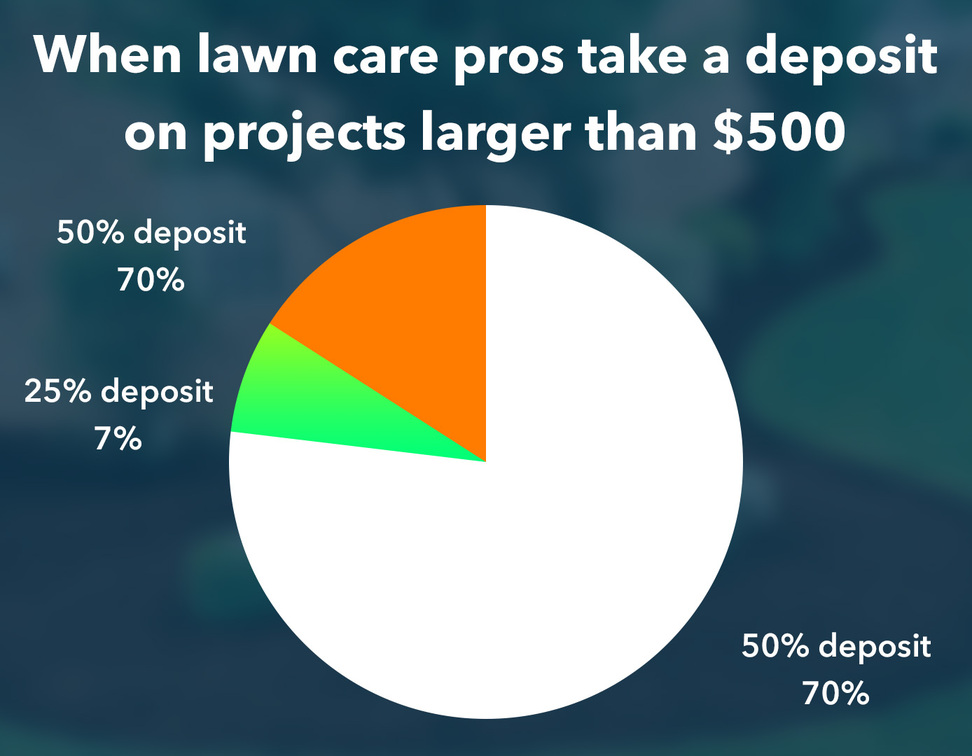
"78% of lawn care pros take a deposit of 50% on projects costing $500 or more"
In my experience, I typically take 50% upfront, and a recent poll we conducted shows that most lawn care pros do the same.
in fact, we found that 78% of lawn care pros take a deposit of 50% on any project that costs $500 or more.
On the other hand, nearly 15% of lawn care pros say they never take a deposit but do get a signed contract in writing.
Step #3- Negotiate a Payment Plan 
“Try to negotiate a payment plan or a lowered payment with non-paying customers. Threaten to sue if that falls through.” |
If your client fails to pay on time after taking the first two steps, try to negotiate a payment plan.
Here’s the deal, we all have unexpected things pop up in life. And perhaps your client is experiencing some hardship.
Whatever the case, negotiating a payment plan is likely your next best move to ensure you get paid without going to court.
It’s simple, ask your client what they can afford to pay, and work with them.
Step #4- Consider Small Claims Court
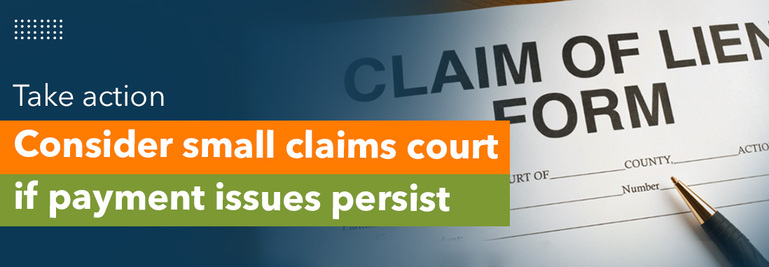
“A lawsuit will enable a money judgment against the non-paying client. A creditor that is serious about collecting a debt can then take that money judgment and record a lien against a person's home, levy funds on a bank account, or force the sale of an expensive asset.” |
If all else fails, your only option may be to go to small claims court.
This is why step #1 is so important!
If you don’t have a clear scope of work in writing, proving your debt in court can be more difficult.
However, in most states, you can take a non-paying client to court for claims less than $2,000- $5,000, depending on your state.
While a lawyer is helpful in small claims court, they are often not worth the cost. In general, representing yourself in small claims court is fairly simple.
But once you get the judgment, you still aren't done.
You will need to collect.
You can collect a judgement several ways. One is a mechanic's lien.
Step #5- File a Mechanic's Lien
“A debt collector can “execute” on the lien and have a marshal or sheriff seize the property and arrange for a public sale from which the creditor is paid out of the proceeds once they have obtained a judgment from a court.” |
If your client still won’t pay with a court-ordered judgment, it's time to escalate.
In most states, you need a judgement to file a mechanic’s lien.
Fortunately, there are free mechanics lien templates available for any state.
Once your lien is filed against your client's property, they will have no option but to pay if they want to keep their property.
The lien will give you leverage to collect your debt.
Step #6- Chalk it up to a Loss 
At the end of the day, sometimes collecting a debt simply is not worth it, and it's simply best to move on.
While its often hard to give up funding for your company, you can use this experience to prevent losses in the future.
And obviously, you will want to avoid working for someone who owes you money for past work.
The Bottom Line on Collecting Debt for Lawn Care
It's no secret, running a lawn care business takes a lot of work, and mowing lawns is only the start.
When it comes to a client who does not pay, you have several ways you can collect on the money owed.
But the best practice is to avoid a non-payment in the first place. Because collecting debt for the sake of the debt itself is often not worth the time. Simply put collecting debt is simply a part of managing your lawn care company.
Know other lawn care pros? Forward this article to them so that they know how to collect payments from a non-paying client too.
Looking for more to read? Check out the best route planning apps.
Still having trouble processing payments with clients? Check out our Guide to Fixing Payment Issues on Your Lawn Company’s Merchant Account to make sure your transactions run smoothly.







